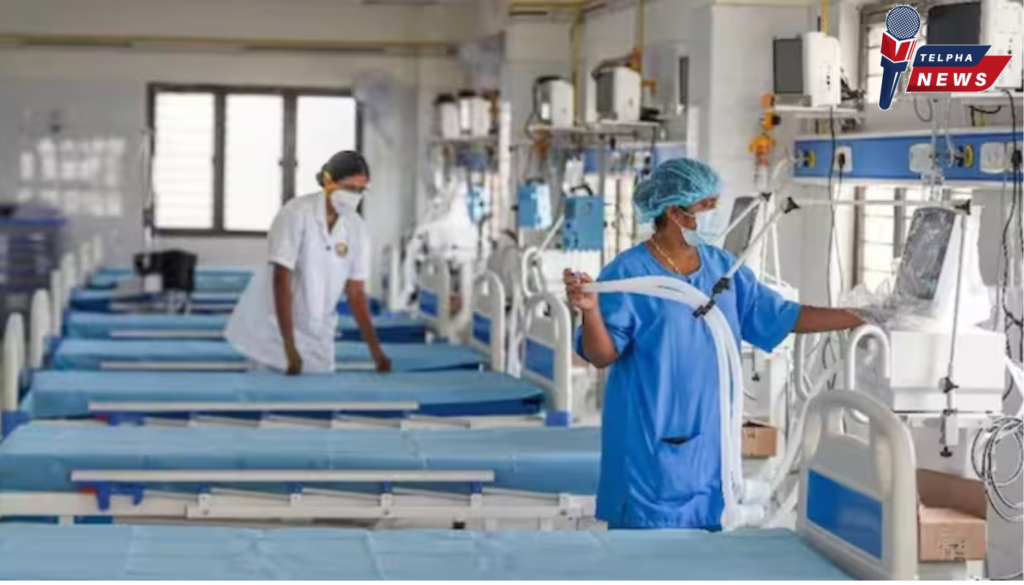Kerala has reported a fourth case of amoebic meningoencephalitis, a rare brain infection, with three of the affected minors having already died.

Kerala has recently reported a disturbing rise in cases of amoebic meningoencephalitis, a rare but deadly brain infection. This alarming development has captured public attention, particularly given the tragic loss of three young lives. As an SEO expert, it is crucial to leverage our platforms to disseminate essential information about this rare disease, its causes, prevention methods, and the necessary steps to ensure public safety.
What is Amoebic Meningoencephalitis?
Amoebic meningoencephalitis is a rare and often fatal brain infection caused by a free-living amoeba, commonly found in warm, fresh water such as lakes, rivers, and hot springs. The infection occurs when the amoeba enters the body through the nose, usually when individuals are swimming or diving in contaminated water. Once in the body, the amoeba travels to the brain, causing severe inflammation and tissue damage.
Recent Cases in Kerala
In recent months, Kerala has reported four cases of amoebic meningoencephalitis, all involving minors. Tragically, three of these young patients have succumbed to the infection. The most recent case involves a 14-year-old boy from Kozhikode, who is currently undergoing treatment and showing signs of improvement. These incidents highlight the critical need for increased awareness and preventive measures.
Causes and Risk Factors
The primary cause of amoebic meningoencephalitis is exposure to contaminated water. Risk factors include:
- Swimming in warm, untreated water bodies
- Poor maintenance of swimming pools
- Inadequate chlorination of water
- Exposure to unclean water sources during outdoor activities
Symptoms to Watch For
Early detection is crucial for survival. Symptoms typically appear within one to nine days after exposure and may include:
- Severe headache
- Fever
- Nausea and vomiting
- Stiff neck
- Sensitivity to light
- Confusion or seizures
If you or someone you know exhibits these symptoms after swimming in potentially contaminated water, seek immediate medical attention.
Preventive Measures
In light of the recent cases, Kerala’s Chief Minister, Pinarayi Vijayan, has emphasized several preventive measures:
- Avoid Unclean Water Bodies: Refrain from swimming or diving in warm, untreated water bodies.
- Proper Chlorination: Ensure swimming pools are properly chlorinated and maintained.
- Education and Awareness: Educate children and communities about the risks and symptoms of amoebic meningoencephalitis.
- Personal Precautions: Use nose clips or avoid submerging your head in water when swimming in potentially unsafe areas.
Conclusion
The recent cases of amoebic meningoencephalitis in Kerala are a stark reminder of the importance of public health awareness and preventive measures. By leveraging our expertise in SEO, we can contribute to spreading vital information, ultimately helping to protect our communities from this rare and deadly infection. Stay informed, stay safe, and take the necessary precautions to keep yourself and your loved ones healthy.